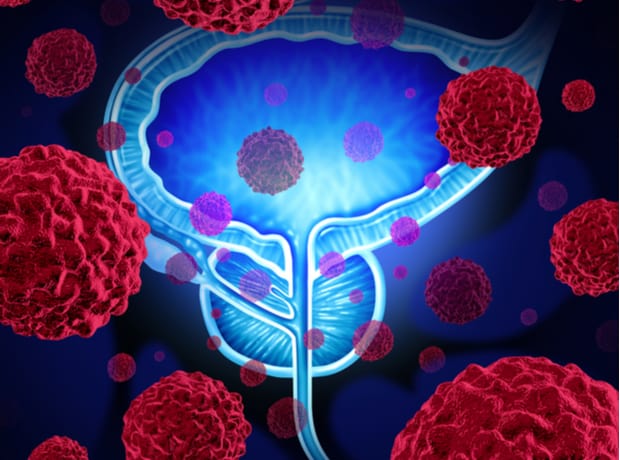Teva’s Ajovy shows positive results in preventing pediatric migraines

Phase 3 trial indicates significant efficacy and safety for children and adolescents
Teva Pharmaceutical Industries has presented positive data from its Phase 3 SPACE study, demonstrating the efficacy and safety of AJOVY (fremanezumab) in preventing episodic migraines in children and adolescents aged 6-17 years. The trial showed that fremanezumab significantly reduced monthly migraine and headache days compared to placebo over 12 weeks.
“This is an important milestone for clinicians and young patients living with episodic migraine who currently have few treatment options available to them,” said Professor Patricia Pozo-Rosich, one of the lead investigators of the trial.
The SPACE trial, a multicentre, double-blind study, involved 237 pediatric patients diagnosed with migraine for at least six months. The data showed significant reductions in monthly migraine days (-2.5 vs -1.4) and monthly headache days (-2.6 vs -1.5) with fremanezumab versus placebo.
“This is the first phase 3 trial of a CGRP-pathway treatment that has shown statistically superior efficacy with favourable safety and tolerability for the prevention of episodic migraine in children and adolescents,” added Professor Pozo-Rosich.
The study also highlighted a higher response rate in children achieving a 50% reduction in migraine days (47.2% vs 27.0%). Fremanezumab was well tolerated, with no new safety signals observed, and the proportion of adverse events was similar between the treatment and placebo groups.
Dr Eric A Hughes, Executive Vice President, Global R&D, and Chief Medical Officer of Teva, stated, “We’ve already seen the benefits of AJOVY in adults, and the SPACE trial has confirmed that children with episodic migraine can also benefit from AJOVY. This is a significant step forward for the care of migraine in children and adolescents.”
Teva continues to explore the impact of fremanezumab in paediatric patients with chronic migraine and its long-term safety.







